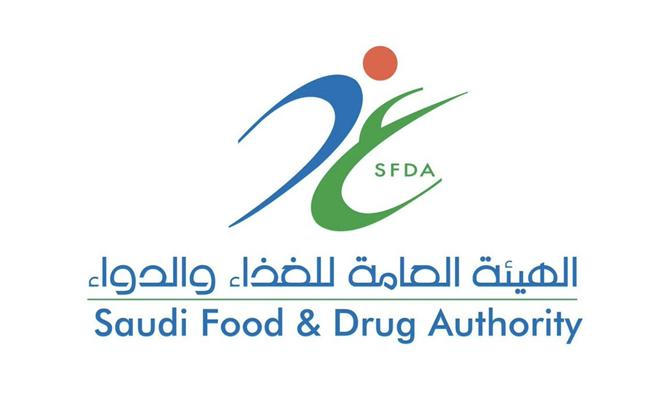

- Hajj And Omrah
-
About SFDA
About SFDA
SFDA in vision 2030
Authority Strategy
Career and Life
- Information Lists
-
Areas
- Consumer Corner
- Media Centre
- Eservices
FDA Statement on Release of Bisphenol A (BPA) Subcommittee Report
FDA Statement on Release of Bisphenol A (BPA) Subcommittee Report
FDA Statement on Release of Bisphenol A (BPA) Subcommittee Report
2008-11-05
FDA appreciate the hard work and long hours the subcommittee has invested in scientific peer review of the FDA’s draft safety assessment of the use of BPA in food contact applications. The FDA requested this peer review to provide additional insight into this complex issue. This group of distinguished scientists has devoted their considerable knowledge and experience to this effort.
The subcommittee report to the Science Board raises important questions regarding the draft safety assessment, and the FDA looks forward to the review of the subcommittee's report by the Science Board on Oct. 31.
The FDA agrees that, due to the uncertainties raised in some studies relating to the potential effects of low dose exposure to bisphenol A, additional research would be valuable. The FDA is already moving forward with planned research to address the potential low dose effects of bisphenol A, and we will carefully evaluate the findings of these studies.
Consumers should know that, based on all available evidence, the present consensus among regulatory agencies in the United States, Canada, Europe, and Japan is that current levels of exposure to BPA through food packaging do not pose an immediate health risk to the general population, including infants and babies.
Regarding Canada, the FDA notes that Health Canada’s assessment of bisphenol A on newborns and infants up to 18 months of age concludes that exposure levels are below the levels that could cause health effects. Out of an abundance of caution, the Government of Canada is taking steps to restrict the use of BPA.
Parents who, as a precaution, wish to use alternatives for their bottle-fed babies can use glass and other substitutes for polycarbonate plastic bottles; avoid heating formula in polycarbonate plastic bottles; and consult their pediatrician about switching to powdered infant formula.
For a copy of the Subcommittee Report, go to:


